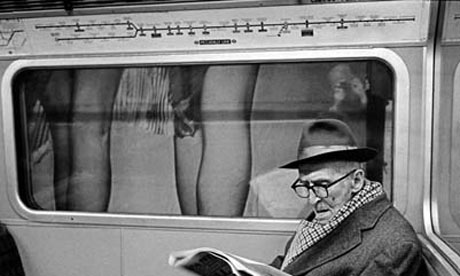By autumn, when she was well into the third trimester, he had written no more than a hundred pages of his book. His private goal to complete the novel before the baby arrived seemed nearly impossible. He marked the days of her pregnancy to add productive pressure to the writing. Each morning when he began, he notched a strong black stain into a piece of bleached oak he found on the shore. But after a few weeks it just reminded him of how poorly the novel was moving, and he gave this up.
Meredith was uncomfortable with their new arrangement. She thought they had become more like roommates than lovers. It seemed like a good idea to poke her head into the office periodically to ask questions about the book, something Michael hated to discuss. Head poking soon became walking in and sitting down. His best efforts to dissuade her intrusions failed. Offering only monosyllabic responses and a variety of grunts for conversation, still she came.
After her stylistically slight, almost inaudible, knock one afternoon, Michael lost it. “Can you not leave me alone for one day?”
She poked her head in, “I just wanted to know if you were hungry.”
He kept his back to her, squaring his shoulders, “Let’s make a rule. I will come get you when I need something. How about that? Can we make that rule?”
She responded quietly, “I like to see you sometimes, to know you’re there.”
“Where, exactly, the hell else would I be?” His voice was too loud, and he knew it. The door closed. There would be sobbing on the couch that he planned to avoid.
That night he watched the autumn sun fade over the lake, the moon rise, and a bottle of cheap bourbon dwindle to almost nothing. He did not leave the office until morning, when the sun was bright and breakfast ready. Eggs, bacon, and orange juice had been laid on the table alongside a solitary place setting. It was the first night they had not slept together at the cabin. Anticipating an argument, he was surprised when Meredith said nothing and sat quietly in her rocker knitting a child’s blanket.
Michael wanted to thank her for breakfast, but the sound of the rocker built a wall of resentment that he could not climb. Hard wood to soft carpet went the wooden runners of the chair. She sped the back and forth and he ate quicker. The cabin began to feel like a rustic dollhouse. The rocking was faster now and he was nearly done with breakfast. The food helped sobriety to catch up to him. If only, he thought, I can get through the book. Everything will be normal if I can get through the book.
Stuck in thought, he did not notice the rocking stop until he heard a great gasp and thud from across the room.Meredith fell to the floor, writhing like a dying snake. She grabbed at her neck with one hand and her belly with the other.
“Hey,” he said loudly, “You alright?”
When she said nothing, he ran to her and lifted her head to stop it from bouncing against the floor. Her face was gaunt and her limbs were fragile and sinuous. A too small tank top showed off three-dimensional stretch marks and a navel that reminded him of a small fleshy rocket ship leaving the launch pad. He could see movement in her massive belly, and he noticed a black and blue Rorschach bruise around her rocket ship. He stroked her hair with helpless violence waiting for it all to stop. The writhing became periodic twitches, and the twitches became deep heavy breaths.
When she could breathe and her eyes found focus, her voice quivered a weak sentence, “I was thinking, and,” she paused to breathe, “It choked me.”
“What did?” asked Michael.
Her face screwed into a conflicted knot, and she corrected herself, “Nothing, never mind.”
“We should go to a hospital. I’ll get your coat.”
“No, no hospital.” She smiled at the visible motions in her belly and said, “It’s two hours away, by then I’ll be fine.”
Michael tried to protest, “It might be a seizure or something…”
She grabbed him tightly by the wrist, “I said no hospitals.”
To read "State of Nature" in its entirety, download Tainted Tea Winter 2011.
About Eric Victor Neagu:
Eric Victor Neagu lives, writes, and works as a sustainability consultant in Chicago. His undergraduate degree is from Purdue University in civil engineering, which he uses to redevelop former industrial areas. Eric also has a graduate degree from The University of Chicago, which he mostly uses to give driving directions to Barack Obama's house when people ask. Other work can be found in Simon Magazine, The National Ledger, Bartleby Snopes, Bewildering Stories, Everyday Fiction, The Write Place at the Write Time, A Long Story Short, The Camroc Press Review, and Hackwriters.











